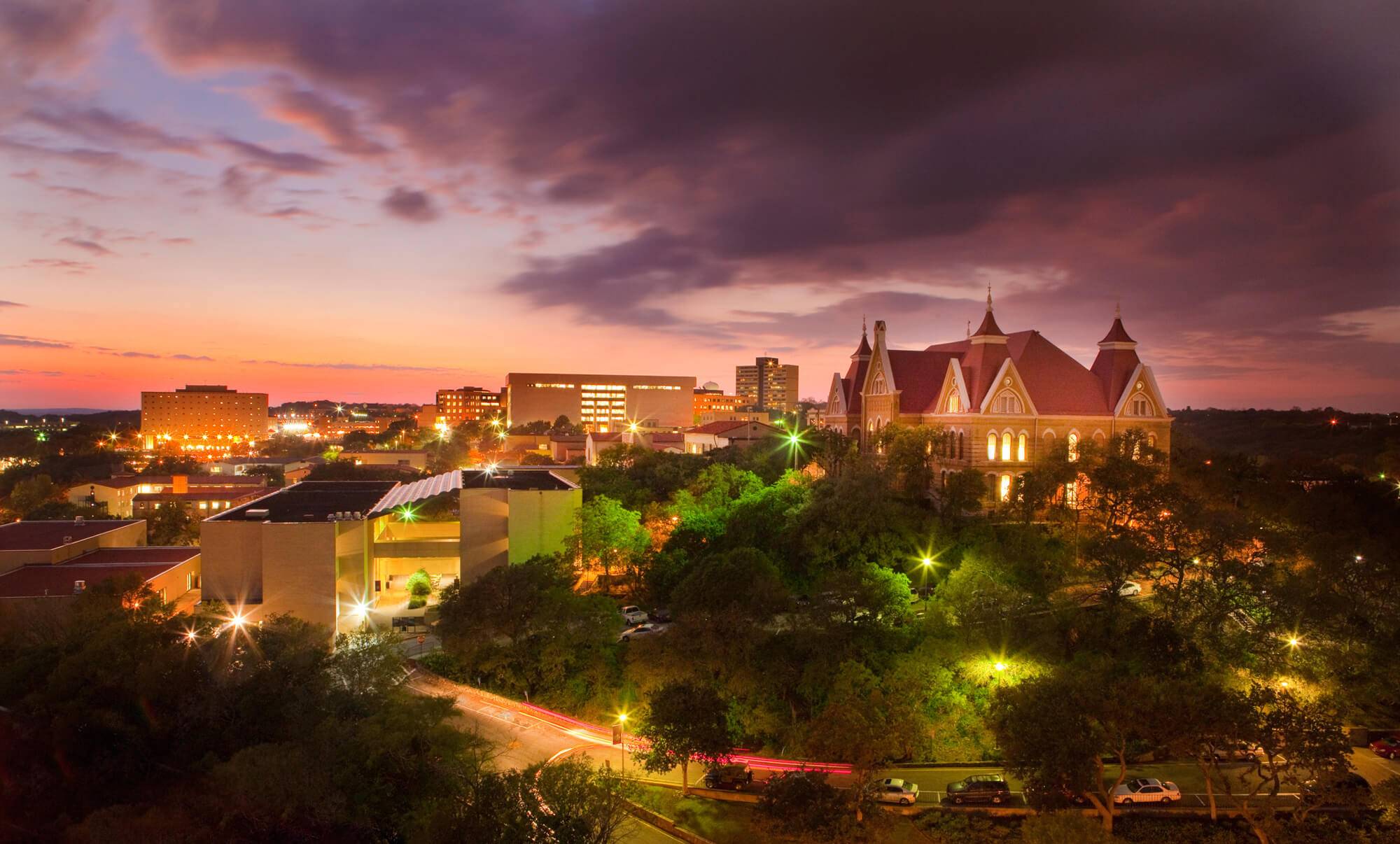Business Meal Reimbursement
Expenses for business meals may be reimbursed from university funds if the amount is approved by the account manager as reasonable and necessary.
- If the account manager is incurring the expense, the Dean/Director must approve the reimbursement.
- If the Dean/Director is incurring the expense, the Vice President must approve the reimbursement.
In accordance with The Texas State University System (TSUS) Rules and Regulations, Article III, Section 06.08, the expenditure for food must assist in carrying out the educational function of the university, promote education, and provide an important public purpose.
To achieve these goals set by TSUS, the expenditure must meet one or more of the six approved direct purpose guidelines as outlined in section 01.05 of UPPS 03.01.03, Allowable Purchases of Awards and Flowers.
Review UPPS 03.01.29, Business Meals and Food Purchases, for detailed policy criteria and restrictions.
